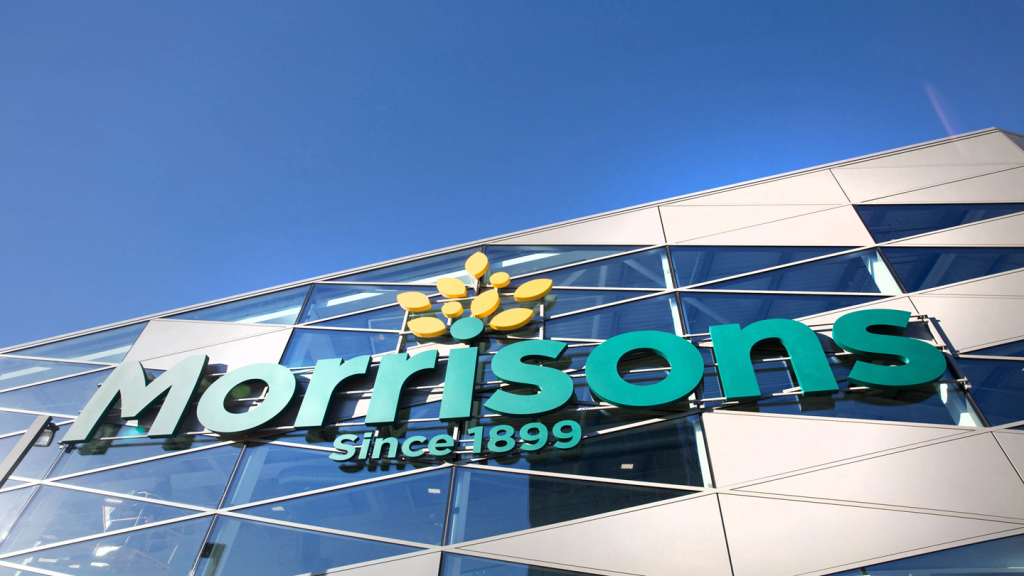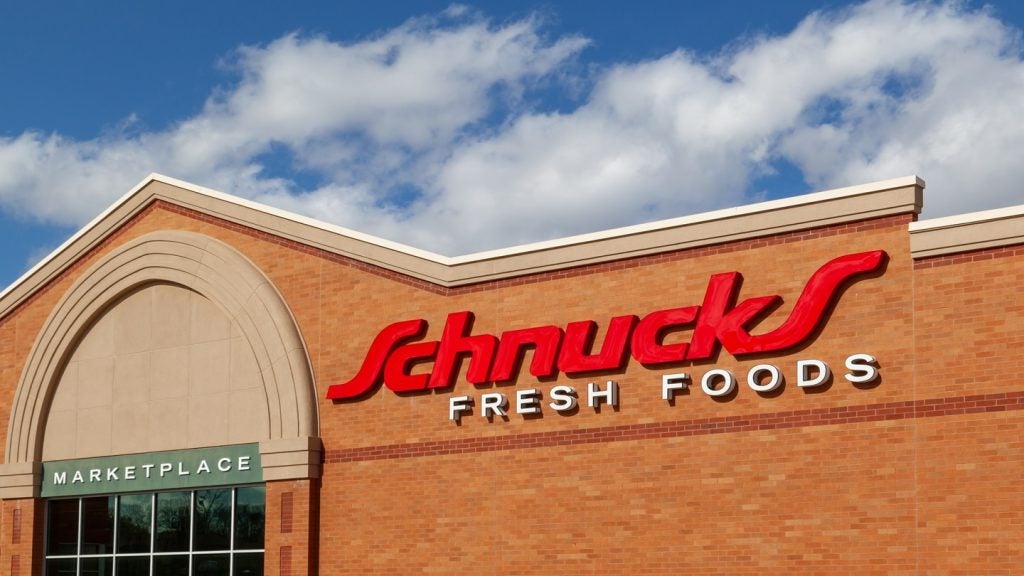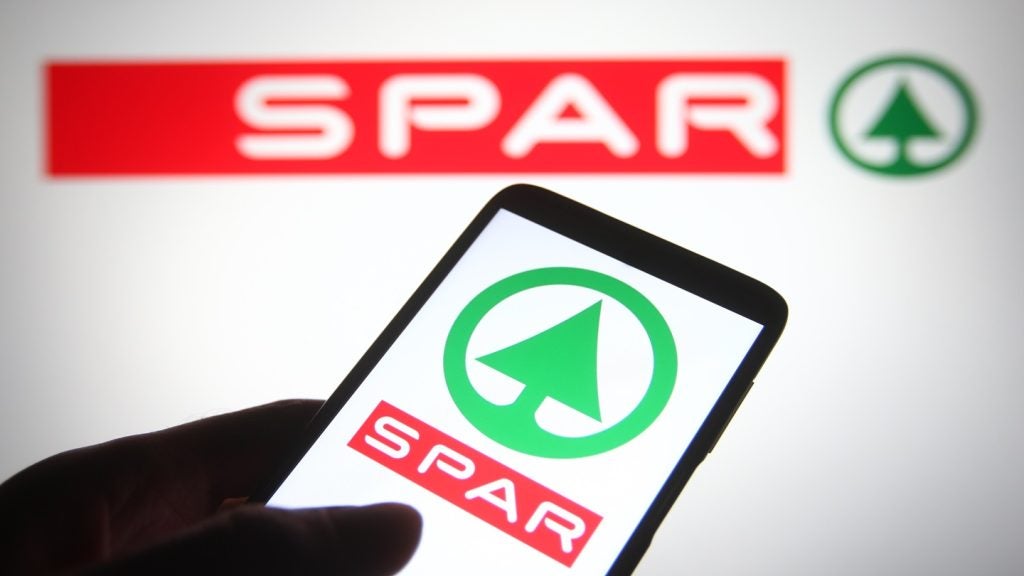UK food inflation rose to 5.1% in August 2025, the highest for the past 18 months, sparking concern among households and retailers as the Budget approaches.
Headline inflation remained steady at 3.8%, according to recent CPI figures. Analysts warn that rising costs, driven by labour, taxes, and harvest issues, are squeezing margins and putting extra pressure on the cost of living.
How food inflation is outpacing wages
Retail experts say soaring employment costs — including higher National Insurance contributions and increases in the National Living Wage — are among the main drivers pushing up food prices.
Poor harvests, which reduce supply, are further exacerbating inflation.
As food inflation moves ahead of wage growth, many families are facing difficulties keeping up with the rising cost of their weekly shop. Key staples such as cereals and pasta saw a drop in price month-on-month, offering only limited relief.
Other inflation pressures and easing in non-food sectors
While food inflation surged, other sectors saw prices ease.
Transport, clothing, and footwear prices declined, helped in part by retailers discounting summer stock. These falls in non-food categories helped keep overall inflation at 3.8%.
Despite this, non-food inflation remains under pressure where regulatory and cost burdens persist.
What retailers want from the upcoming Budget
Retailers are urging the government to take action in this Budget to reduce burdens that are feeding into higher prices for consumers. Proposals include a meaningful reduction in business rates, ensuring that no shop pays more under any reform.
The industry also highlights the impact of a recently introduced packaging tax and increased employment costs, which together are claimed to account for around £7 billion in additional costs this year.
If the Government adds further costs to the sector, retailers warn the burden will fall on households.
Context and outlook
Food inflation has been rising for several months. Data from Worldpanel by Numerator showed grocery inflation at 4.9% in the early weeks of September, down slightly from August, but still close to the elevated levels seen in recent months.
The Food & Drink Federation expects inflation in food and drink prices to reach around 5.7% by the end of the year, given ongoing cost pressures.
With households already under strain from higher bills and costs, further food price rises may worsen affordability.
Agreed policy changes in the Budget — especially on business rates and employer-cost policies — are seen as key to preventing sharper increases in food inflation.
















